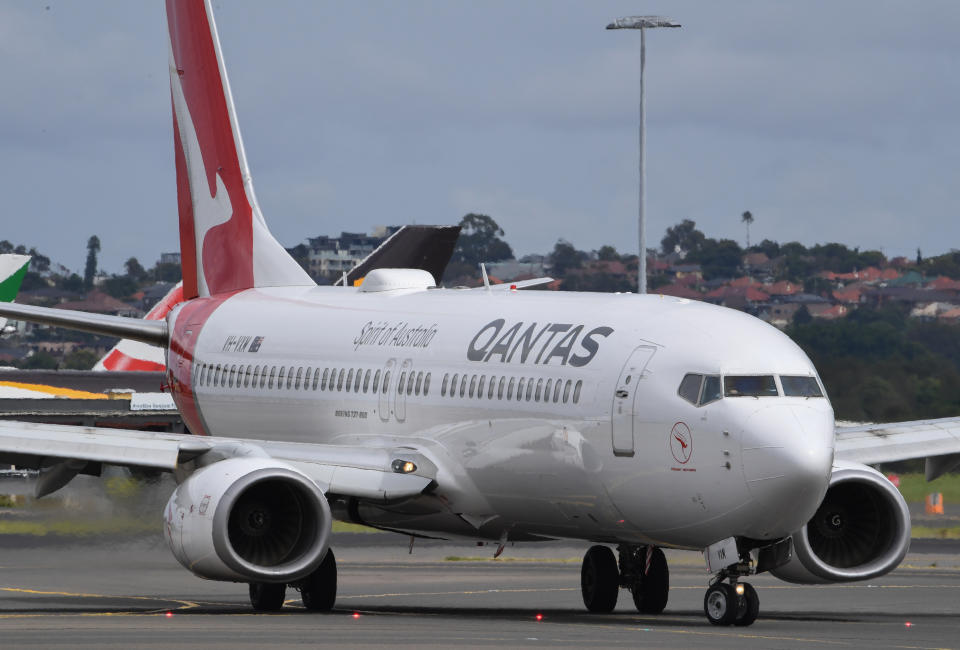Should I cancel domestic travel amid the coronavirus outbreak?
Coronavirus live blog: Latest news and updates about the crisis in Australia

As of this week the Australian Government has said all non-essential travel within Australia should be cancelled to help stop the spread of coronavirus, that means you should not go ahead with any domestic travel you had planned.
Should I cancel domestic travel?
The answer at this stage is simply yes.
Prime Minister Scott Morrison said on March 22 people who had interstate trips planned for the upcoming school holidays should cancel them.
And even within states, people should scrap travel which isn't part of their standard routine.
Most states across the country have already closed or are closing borders, and anyone crossing them will need to be in self-isolation for 14 days.
“When you are in a public place you don’t have control over how clean it is, so you are increasing the risk of catching germs,” Dr Fiona Stanaway, clinical epidemiologist at The University of Sydney School of Public Health, tells Yahoo Lifestyle.
“If you’re driving somewhere in a car and staying a in a holiday house, you can control the environment. But staying in hotels, visiting museums and tourist spots increases the risk.”
There is also a ban non-essential gatherings which has seen the cancellation of plenty of popular events and the closure of tourist attractions.
If I do cancel domestic travel, will I get my money back?
Standard travel insurance policies are unlikely to cover cancellations due to the coronavirus pandemic.
However, Qantas, Virgin and Flight Centre say customers will be given the option of receiving credit for a later date if they cancel flights before a certain date.
Many hotels and online booking sites are offering credit or reward points if people cancel. Airbnb will accept cancellations and give a full refund.

No more international travel
Scott Morrison tightened Australia’s borders last week, officially closing them to non-citizens and non-residents.
On the same day Qantas announced the airline would ground all international flights and reduce its domestic capacity by 60 per cent from March until at least May, after Virgin Australia also announced Wednesday it will suspend all international flights and will extend cuts to domestic routes from March 30 to June 14.
Jetstar Asia will also suspend all flights from 23 March to at least 15 April, while Jetstar Japan has suspended international flights and Jetstar Pacific has suspended international flights.
If you’re travelling or returning to Australia, you'll now be required to self-isolate for 14 days. This applies to all travellers, including Australian citizens. For more details see the Australian Border Force website.
Australia’s current travel ban list includes Italy, China, Iran and South Korea, with Japan, Hong Kong, Cambodia, Singapore, Thailand, Indonesia, Mongolia deemed ‘moderate-’ or ‘high-risk’.

More coronavirus updates from Australia and around the world
Number of cases globally have surged passed 320,000, with more than 14,000 deaths, according to Johns Hopkins University
Australian businesses will shut down from midday today – here's what will remain open and what will close
NSW schools will stay open but parents are encouraged to keep children at home
The new epicentre of the virus, Italy, has banned internal travel as a further 651 deaths are recorded

 Yahoo Lifestyle
Yahoo Lifestyle 


